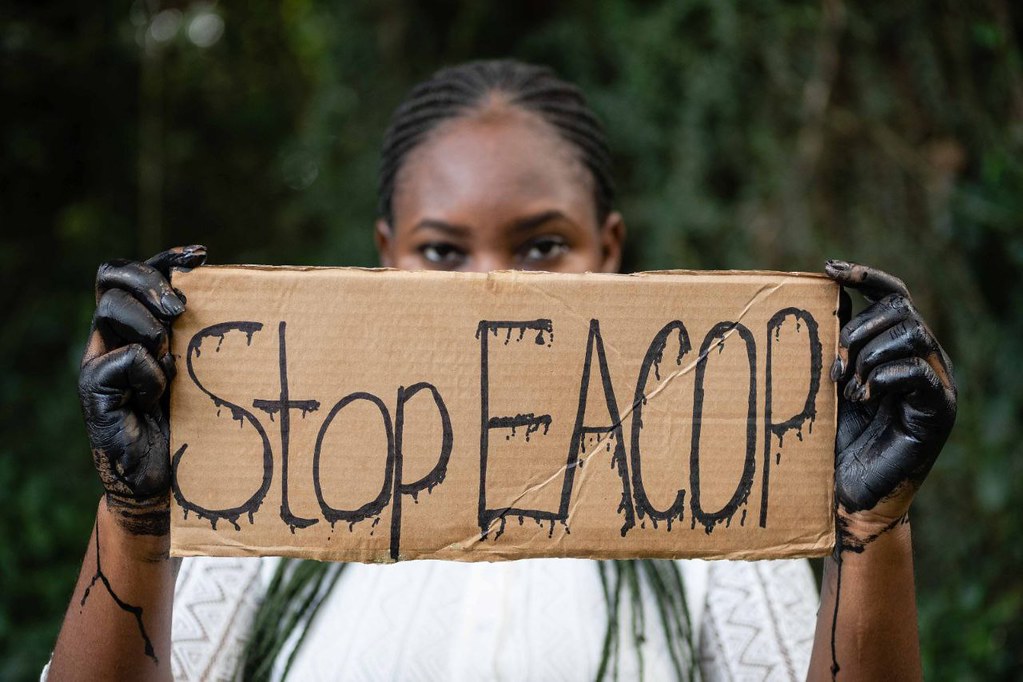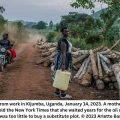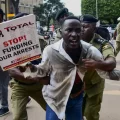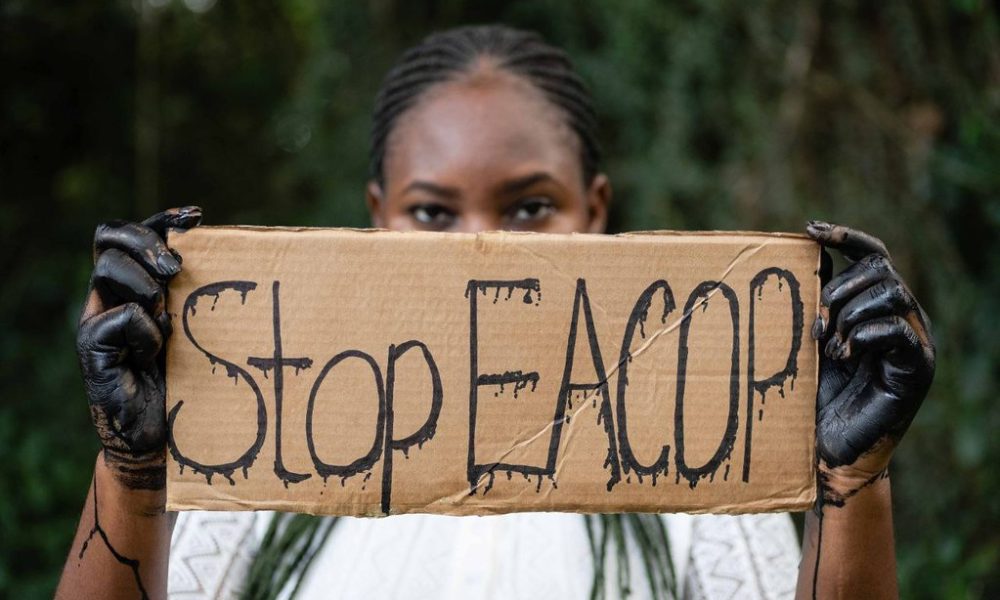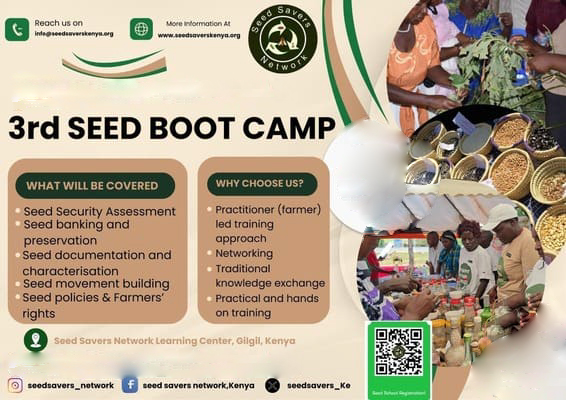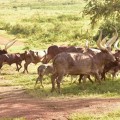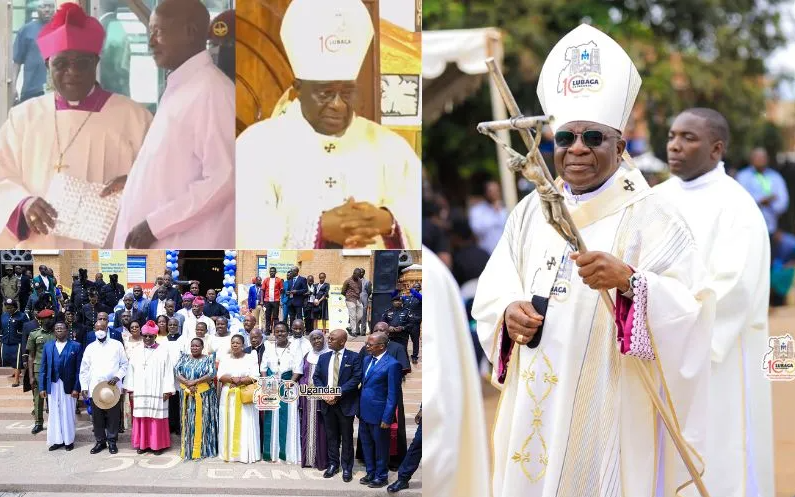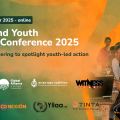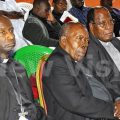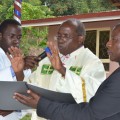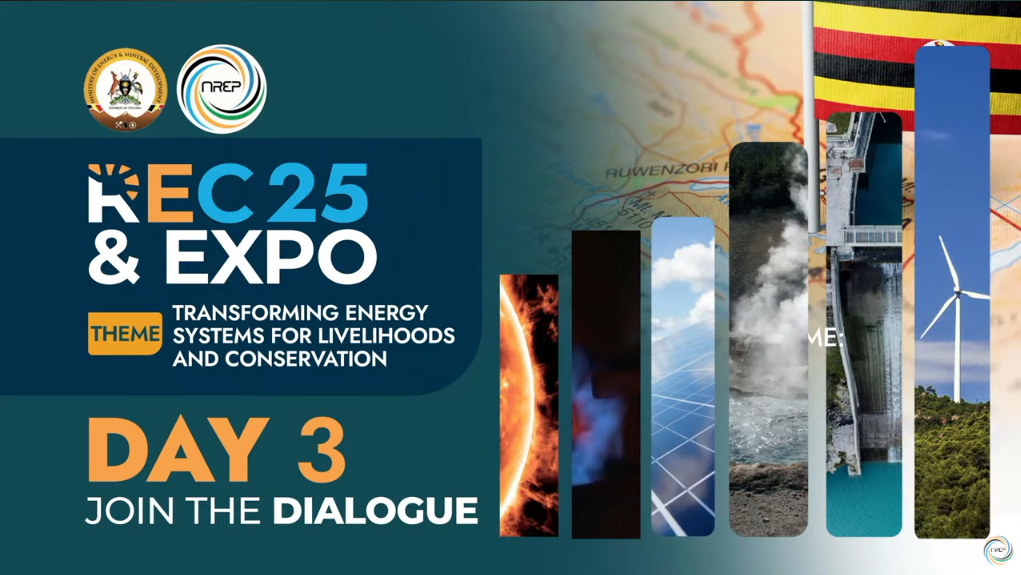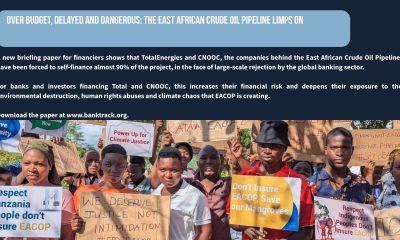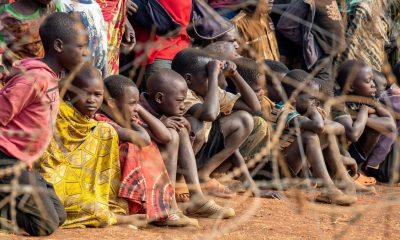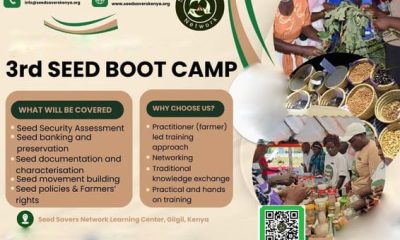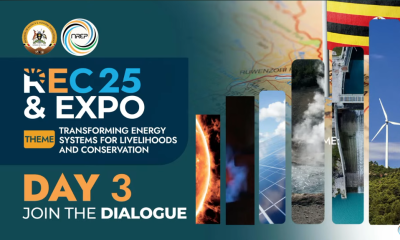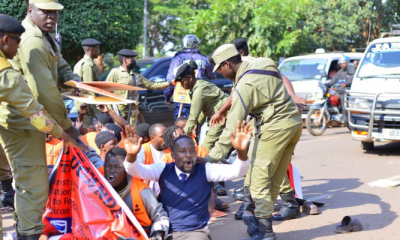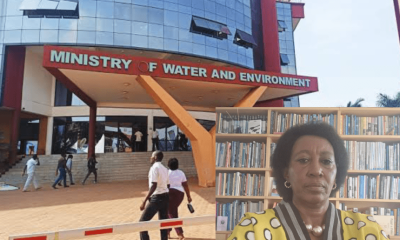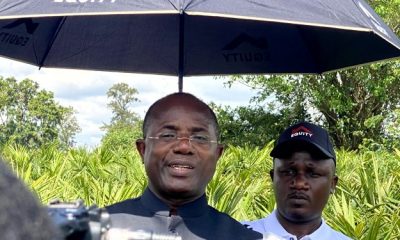By: Witness Radio team
The week of 20th September 2025, Uganda hosted the Renewable Energy Conference 2025 to discuss and advance the clean energy agenda. Its purpose this time was to foster collaboration among the government, the private sector, and development partners to transform energy systems. Still, the development partners are calling on the government of Uganda to balance conservation and livelihoods.
The Renewable Energy Conference (REC) 2025, which focused on clean cooking to meet the national target of 50% access by 2030, provided an opportunity for representatives of the German and European Union embassies to underscore the importance of balancing environmental conservation and livelihoods.
The German Ambassador to Uganda, H.E. Matthias Schauer, stated that “transforming systems for livelihoods and conservation” are essential elements in the renewable energy sector.
“The theme, Transforming Energy Systems for Livelihoods and Conservation, I consider these two elements to be essential: livelihoods and conservation. Without energy, it is tough to establish livelihoods, but without conservation, you will be destroying them again sooner or later. They need to be well-balanced.” Matthias Schauer stated
He says, “At the same time, they strengthened local capacity, promoted innovative financing mechanisms to expand access to clean energy. Our partnership reflects a shared vision, unlocking Uganda’s potential, and that potential is huge. Fostering inclusive growth and ensuring that the benefits of energy transformation reach all communities, including remote and refugee hosting areas.” Matthias Schauer said.
He said that Germany’s goal is to advance access to affordable, reliable, sustainable, and clean energy for all, in line with Sustainable Development Goal No. 7, while fostering local ownership.
The European Ambassador to Uganda, H.E. Jan Sadek, on the other hand, emphasized that “the moment has come to move from dialogue to action. We are confident that Uganda will continue to lead by example, and Team Europe is ready to contribute to turning the insights from this conference into tangible impacts.” This urgent call to action should resonate with all stakeholders, highlighting the pressing need for change.
Jan also stated that, “The time for coordinated and accelerated investment in solutions to phase out the unsustainable use of firewood and charcoal is now. Together, we have a real opportunity to make a significant difference, and the EU is committed to contributing its part.” This commitment from the EU should reassure all stakeholders about the support they can expect.
While the Minister of Energy and Mineral Development, Ruth Nankabirwa Sentamu, stated that this year’s energy conference discussion has deepened their collaboration and collective understanding of what it truly means to transform energy systems from a livelihoods and conservation perspective.
As the Transition journey continues, Nankabirwa expressed confidence that through the performance reviews of the Ministry’s sustainable energy and extractive development programs, they have collectively assessed progress made under Development Plan 3 and have identified clear pathways for accelerated implementation of National Development Plan 4.

